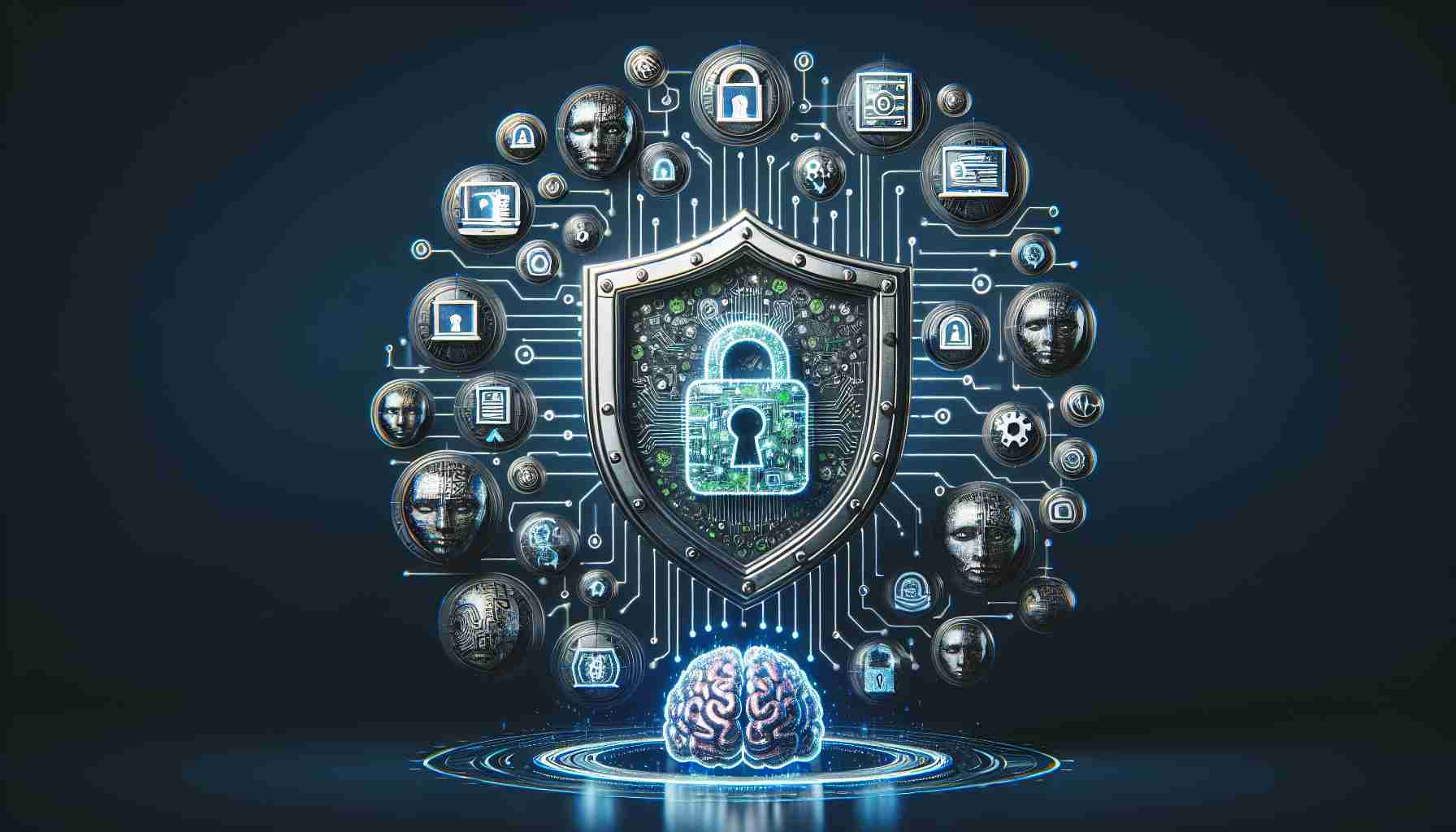In a strong stance against potential changes to copyright laws, music legend Paul McCartney has voiced his concerns regarding the use of artists’ works to train artificial intelligence. The British government is currently considering new regulations that could allow tech companies to utilize copyrighted materials without the explicit consent of the creators.
During a recent interview with the BBC, McCartney highlighted the dangers this could pose, especially for emerging artists. He expressed that if new legislation passes, it may strip these talented individuals of ownership over their creations, leaving them vulnerable to exploitation. The former Beatle lamented the possibility of young songwriters producing wonderful music without any rights or recognition, stating that anyone could claim their work as their own.
The iconic musician also pointed out that while revenues from music streaming are substantial, they often do not benefit the original creators directly. He passionately argued that financial gains from artists’ works should rightfully reward the creators, not tech corporations.
In response, the Labour Party in the U.K. is exploring how copyright laws can be adapted to support both artists and AI developers. However, a coalition of publishers and artist organizations has arisen to contest any weakening of these protections. As McCartney aptly put it, the government holds a responsibility to safeguard creative minds, ensuring their contributions are protected in an evolving technological landscape.
The Implications of Copyright in the Age of AI
As Paul McCartney’s recent comments illuminate, the evolving landscape of copyright law amidst the rise of artificial intelligence poses profound implications for society, culture, and the global economy. The potential for tech companies to harness artists’ work without consent raises urgent questions about the value of creativity in a digital age increasingly dominated by algorithms.
If new copyright regulations favor corporate interests over those of creators, we may witness a diminishing cultural landscape where innovation and originality are stifled. Without robust protections, emerging artists run the risk of having their creative outputs commodified, with their contributions reduced to mere fodder for algorithmic training. This cultural erosion could lead to a homogenization of artistic expression, where the unique voices that enrich our society are drowned out by mass-produced content.
Furthermore, the potential environmental implications of this shift cannot be overlooked. The digital infrastructure required for AI technologies demands significant energy resources. Should tech companies continue to expand their capabilities without regard for sustainable practices, the environmental costs could plaque our planet, further compounding society’s inequalities.
As debates unfold, the long-term significance will hinge on striking a balance between innovation and protection. Effective regulation could empower a new generation of creators while fostering a cultural ecosystem that values originality and respects artistic ownership—crucial principles for our creative future.
Paul McCartney Warns: AI Training on Music Could Threaten Artists’ Rights
The Growing Concern Over Copyright Laws and AI
In a recent interview with the BBC, music icon Paul McCartney has raised significant alarms regarding proposed changes to copyright laws that would allow tech companies to use artists’ work to train artificial intelligence. This matter has become particularly pressing as the British government deliberates potential regulations that could undermine the protections currently afforded to creators.
The Impact on Emerging Artists
McCartney expressed deep concern for the rights of emerging artists. He emphasized that the pending legislation could lead to a scenario where young songwriters might create incredible music without claiming ownership or receiving recognition for their work. The specter of exploitation looms large, as the legal framework could allow larger entities to take credit for creations originating from innovative minds.
Financial Implications for Creators
While streaming platforms generate considerable revenue, the distribution of these funds often leaves the original artists at a disadvantage. McCartney asserts that financial gains should primarily benefit the creators rather than corporations that profit by leveraging their work. This sentiment resonates with many artists struggling to receive fair compensation in the era of digital consumption.
Governmental Responses and Artist Advocacy
In the wake of McCartney’s criticisms, the U.K. Labour Party is considering how copyright laws might be reformed to protect both artists and the interests of AI developers. This has incited a coalition of publishers and artist organizations to rally against any potential weakening of copyright protections. As McCartney stated, there is a crucial responsibility for the government to ensure that the contributions of creative individuals are safeguarded as technology evolves.
Pros and Cons of Current Copyright Policies
Pros:
– Protects the rights of creators.
– Ensures that artists are compensated fairly for their work.
Cons:
– May hinder technological advancements in AI.
– Could limit the scope of AI development due to copyright restrictions.
Future Trends in Copyright and AI
As the landscape of music creation and consumption continues to evolve, the dialogue around copyright in relation to AI will remain a hot topic. Innovations in technology may necessitate updates in legislation to strike a balance between protecting artists and fostering creative technological advancements.
Conclusion: A Call for Protection of Creative Rights
Paul McCartney’s call to action underscores a critical junction in the music industry and technological integration. The outcome of these legislative discussions will likely set a precedent for how artistic rights are managed in the digital age. As we move forward, it is essential to ensure that the creative contributions of individuals are not only recognized but fairly compensated.
For more insights on copyright and related issues, visit Grammy.
